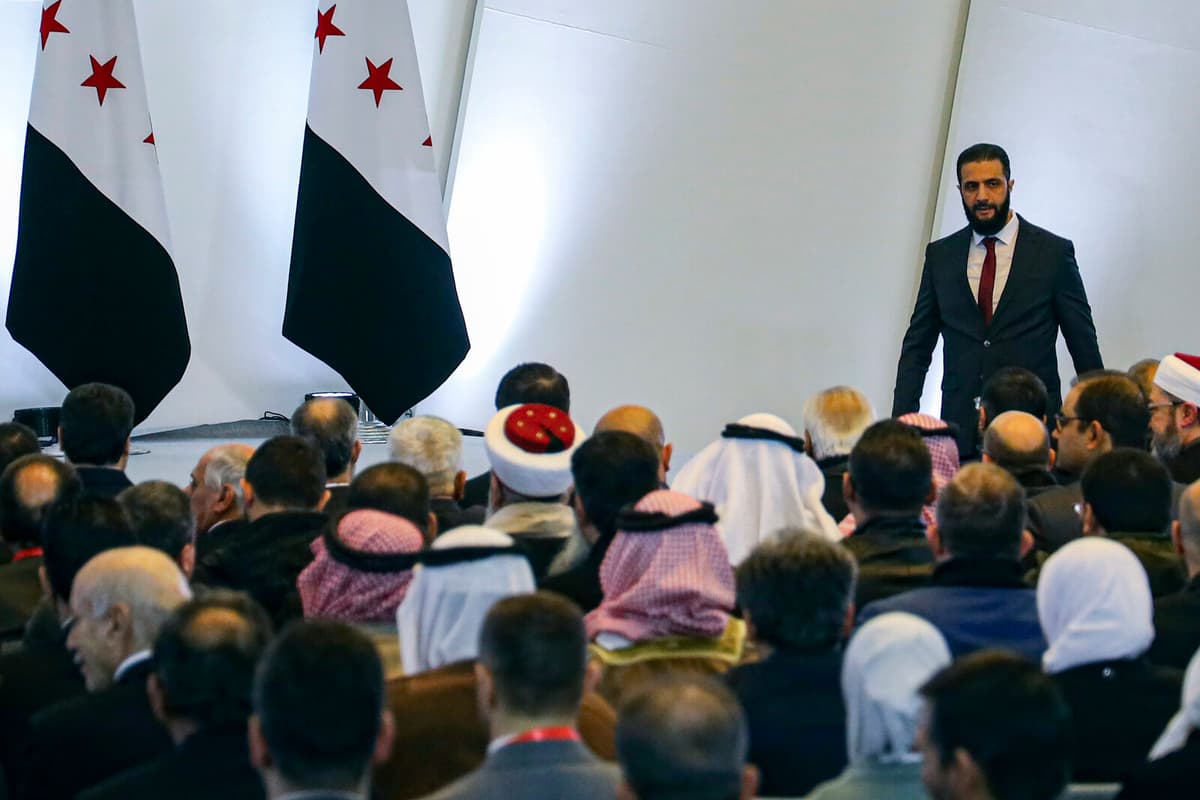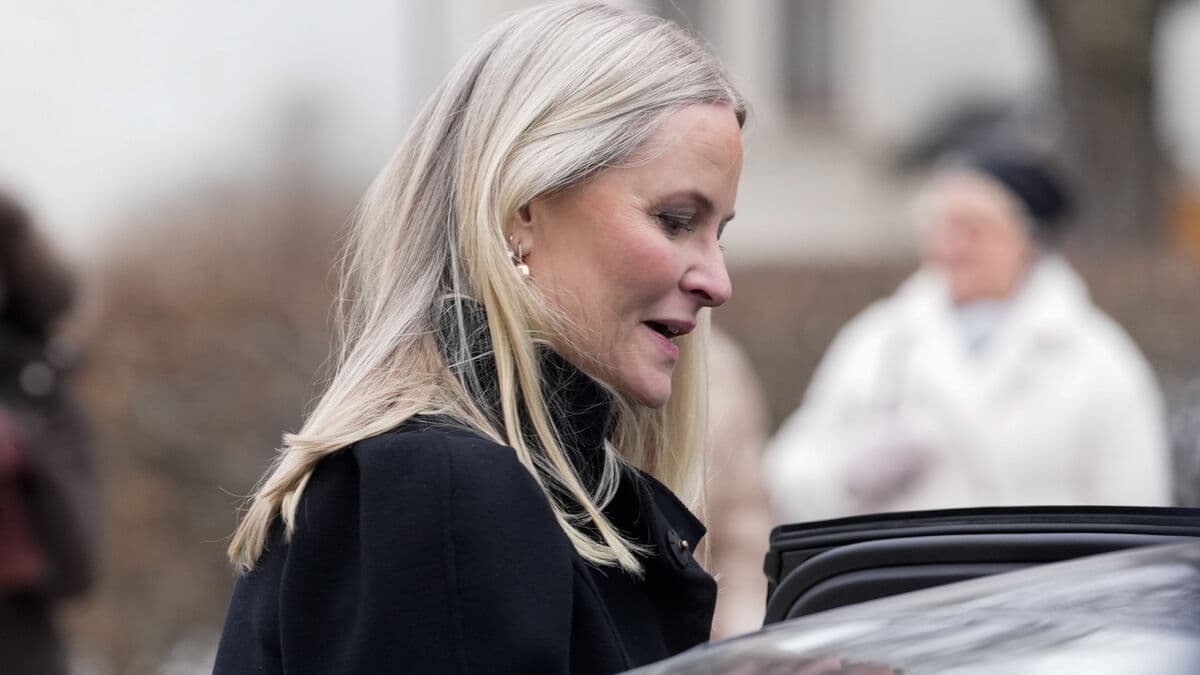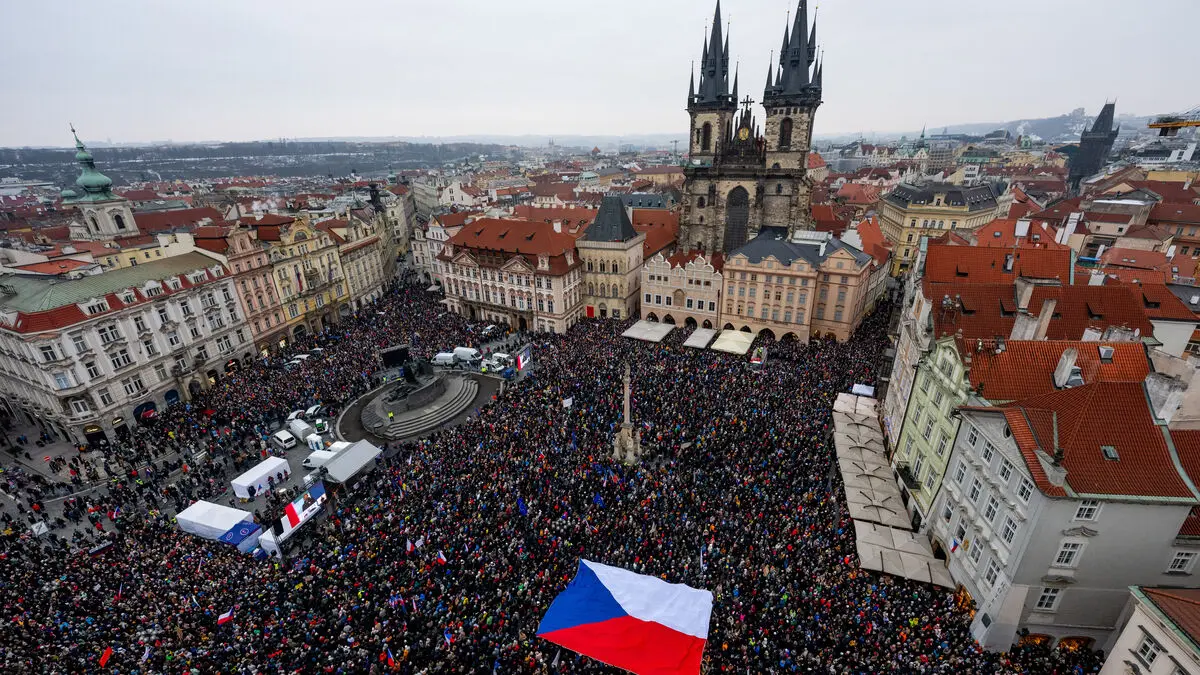Civil society, religious communities, opposition groups, and artists were represented at the hastily organized conference, which ended in an agreement on 18 points to reform Syria. The final declaration is expected to be advisory rather than binding.
Among the points are demands on how the transition period should be managed and condemnations of all forms of discrimination, as well as demands for "the realization of the principle of equal opportunities".
We must build our state on the principle of the rule of law, and the law must be respected by those who enact it, said Ahmad al-Sharaa, leader of the Islamist group HTS, which led the offensive that overthrew Assad in December, during his speech.
He also emphasized that the transitional government is working to prosecute those who have committed crimes against Syrians.
A state monopoly on weapons and a new national army are also to be established, according to the final declaration – something that may become problematic for the self-governing Kurdish groups in Syria who are engaged in armed conflicts with pro-Turkish groups.
The Kurdish administration, which controls parts of northern and northeastern Syria, will not be part of implementing the conclusions drawn during the conference, it writes in a statement. Kurdish representatives say they were excluded from the event and accuse the organizers of only giving minority groups "symbolic representation" and not representing the Syrian people.






